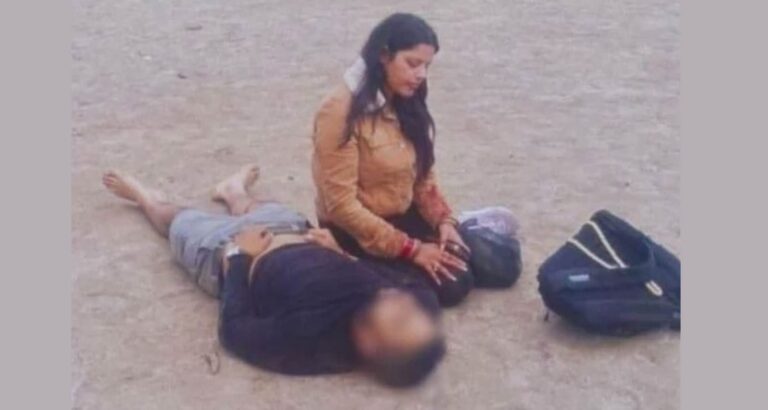Srinagar, India — At least 26 people, including a Nepali national and a Middle East-based Indian-origin worker, were killed in a brutal gun attack targeting tourists in the scenic region of Pahalgam, Anantnag district, Jammu and Kashmir on Tuesday. The rare and devastating assault is among the deadliest attacks on civilians in the region in years.
Authorities said the massacre occurred in the remote Baisaran Valley, accessible only by foot or horseback. Eyewitnesses described a horrifying scene as gunmen opened fire at close range on visitors who had gathered in tents. Survivors recounted being accused of supporting Indian Prime Minister Narendra Modi before the gunmen opened fire.
A little-known militant group, The Resistance Front, claimed responsibility via social media, citing resentment over “outsiders” settling in the region. However, officials have yet to verify this claim.
Local heroes, including pony riders, rushed to transport the injured down treacherous terrain. “There were women, children, men — all crying, screaming,” said Abdul Waheed, who helped carry victims to safety.
The attack drew widespread condemnation. Indian Prime Minister Narendra Modi vowed justice, cutting short a Saudi Arabia visit, while Home Minister Amit Shah arrived in the region to oversee a high-level security review. The Indian Army has launched an extensive manhunt to capture the perpetrators.
The attack triggered mass protests in Srinagar, with residents chanting slogans and holding candlelight vigils. Meanwhile, tourists rushed to exit the region, prompting airlines to schedule additional flights.
The disputed Kashmir region, claimed by both India and Pakistan, has witnessed ongoing unrest for decades, though such direct attacks on tourists are rare. Experts warn the assault may escalate communal tensions and feed into extremist narratives on both sides.
The incident also raised concerns among Kashmiri locals, who fear rising anti-Kashmiri and anti-Muslim sentiment. “Kashmiris have always been victims of violence. We empathize deeply with the victims’ families,” said Nasir Khuehami of the Jammu and Kashmir Students Association.
As the investigation continues, regional stability remains fragile, with heightened security and international attention focused once again on one of the world’s most volatile flashpoints.



 About Us
About Us
Comment